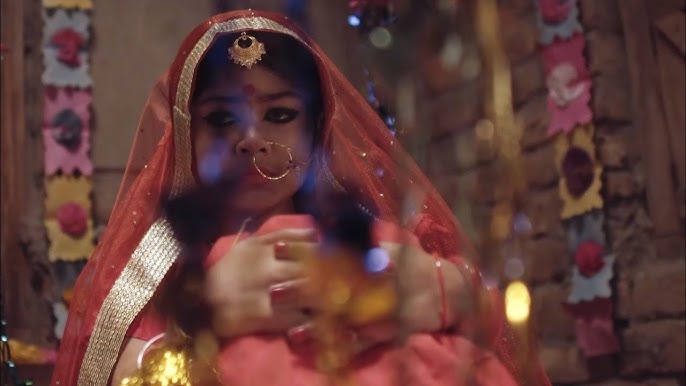Early Marriage
Early marriage in Bangladesh remains a significant social issue, deeply embedded in cultural, economic, and traditional factors. The practice involves individuals, often young girls, marrying before reaching adulthood, typically before the age of 18. Although the legal age for marriage in Bangladesh is set at 18 for women and 21 for men, the prevalence of early marriage continues to be high, especially in rural areas, despite legislative efforts to curb the practice. Several factors contribute to the persistence of early marriage in Bangladesh. Economic hardship is one of the primary drivers. Many families, especially in impoverished communities, view marriage as a means to reduce the economic burden of raising a daughter. Dowries, though officially illegal, are still widely practiced, and marrying off a daughter early is often seen as a way to avoid the financial burden of dowries. Additionally, parents may see marriage as a form of protection for their daughters in societies where opportunities for women outside of marriage are limited. Cultural norms and traditional beliefs also play a critical role in perpetuating early marriage. In many rural and conservative areas, there is pressure to conform to social expectations, where early marriage is seen as a rite of passage for girls. Families may also prioritize marriage over education, believing that a girl’s primary role is to be a wife and mother. This societal pressure, combined with the lack of access to education and awareness, creates an environment in which early marriage is normalized. The consequences of early marriage are far-reaching. Girls who marry young often face limited opportunities for education and personal development. They may experience early pregnancies, which can lead to health risks for both mother and child, including complications during childbirth. Additionally, early marriage can result in a cycle of poverty, as young brides often have little autonomy, limited employment opportunities, and may be trapped in abusive relationships. This can hinder the overall development of communities and perpetuate gender inequality. Efforts to reduce early marriage in Bangladesh have been made through government policies, non-governmental organizations (NGOs), and community-based programs. These initiatives focus on educating communities, promoting gender equality, and providing economic support to families to delay marriage. While progress is being made, overcoming deep-rooted traditions and ensuring that girls receive education and equal opportunities remains a challenge in the fight against early marriage in Bangladesh.

